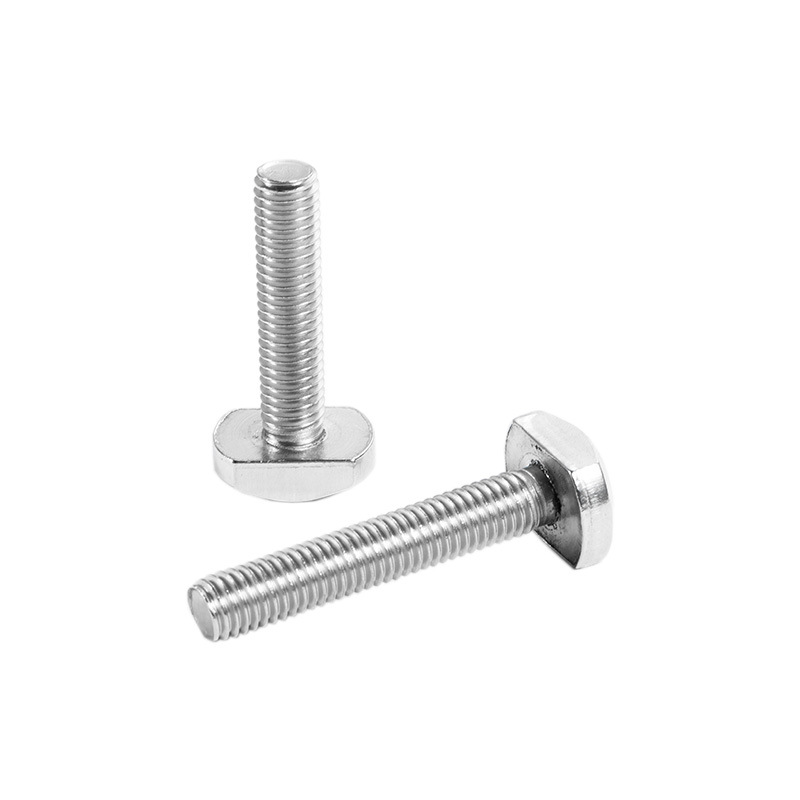

Understanding the Importance and Functionality of M3 Lock Washers in Mechanical Applications
авг. . 13, 2024 00:08 Back to list
Understanding the Importance and Functionality of M3 Lock Washers in Mechanical Applications
Understanding M3 Lock Washers Importance and Applications
Lock washers are small but crucial components used in various mechanical and structural applications. Among the plethora of options available in the marketplace, M3 lock washers have gained significant attention due to their versatility and reliability. This article delves into the characteristics, types, and applications of M3 lock washers, shedding light on why they are essential in many settings.
What is an M3 Lock Washer?
The M3 designation refers to the metric thread size that these washers are designed to accommodate, specifically a diameter of 3 millimeters. Lock washers are designed to prevent unintended loosening of fasteners, such as screws and nuts, which can lead to critical failures in mechanical systems. They achieve this by creating a resistance to rotation and providing a locking mechanism.
Types of M3 Lock Washers
There are several types of lock washers commonly used for M3 applications, each with distinct properties that make them suitable for different settings
1. Split Lock Washers These are perhaps the most widely recognized type of lock washer. They feature a split or gap that, when installed under a fastening component, exerts a pressure that helps to resist loosening. The split design allows the washer to compress and expand during thermal and mechanical cycling, enhancing its gripping capability.
2. Toothed Lock Washers With serrated edges, toothed lock washers bite into the fastening surface and the material below. This creates a more secure grip, making them ideal for applications subject to heavy vibrations or movements.
3. Flat Lock Washers These provide a large surface area, distributing the load more evenly and reducing the chances of damage to the surface they are installed against. While they serve a locking purpose, they also provide additional support to the fastening system.
Advantages of M3 Lock Washers
The utilization of M3 lock washers presents several key advantages
m3 lock washer

- Prevention of Loosening By enhancing the friction between the fastener and the base material, M3 lock washers significantly reduce the chance of loosening due to vibration or dynamic loads.
- Cost-Effectiveness These small components are often inexpensive, yet they can save significant costs related to maintenance and downtime due to equipment failure.
- Versatility M3 lock washers are used in a wide range of applications, from automotive assemblies and machinery to electronics and home appliances, demonstrating their broad applicability.
- Material Options Available in various materials such as steel, stainless steel, and plastic, M3 lock washers can be chosen based on the specific needs of the environment, such as resistance to corrosion or temperature extremes.
Applications of M3 Lock Washers
M3 lock washers are prevalent in several industries, including
- Automotive In vehicles, M3 lock washers secure critical components, ensuring that fasteners do not loosen during operation.
- Electronics In electronics, where compactness and reliability are paramount, these washers secure circuit boards and other delicate components.
- Construction In construction projects, M3 lock washers are employed to ensure the integrity of various structures, from building frameworks to heavy machinery.
Conclusion
In the world of fasteners, M3 lock washers stand out as essential components that play a vital role in maintaining the integrity and safety of mechanical assemblies. Their ability to prevent loosening from vibrations and dynamic loads makes them indispensable in numerous applications. Understanding the different types and advantages of M3 lock washers helps engineers, designers, and technicians make informed choices, ensuring reliability and efficiency in their projects. Whether in automotive applications, electronics, or construction, the presence of a reliable M3 lock washer can be the key to long-lasting performance.
Latest news
-
Premium Fasteners Manufacturer | AI-Driven Solutions
NewsAug.01,2025
-
Hot Dip Galvanized Bolts - Hebei Longze | High Strength, Corrosion Resistance
NewsAug.01,2025
-
High-Strength Hot Dip Galvanized Bolts - LongZe | Corrosion Resistance, Custom Sizes
NewsAug.01,2025
-
Best Self Tapping Screws for Drywall - Fast & Secure Installation
NewsJul.31,2025
-
High-Strength Hot Dip Galvanized Bolts-Hebei Longze|Corrosion Resistance&Customization
NewsJul.31,2025
-
Hot Dip Galvanized Bolts-Hebei Longze Metal Products|Corrosion Resistance&High Strength
NewsJul.31,2025

